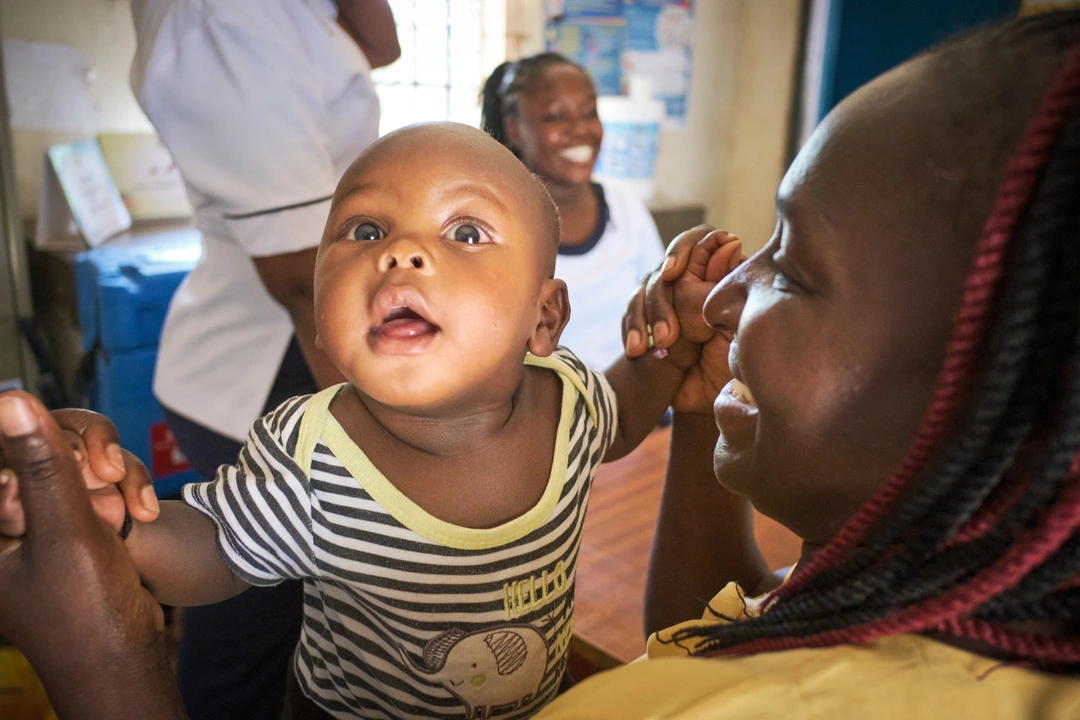Malaria: Symptoms, Treatment, Prevention, and Travel Tips
Malaria still affects millions each year. If you’re traveling to tropical areas or caring for someone who fell sick after a trip, quick, clear info matters. This page gives practical signs to watch for, common treatments, and simple prevention steps you can act on today.
How malaria shows up
Malaria often starts like a flu: fever, chills, headache, and body aches. Look for a pattern of high fevers that come and go, sweating episodes, and feeling very tired. In kids and older adults it can show as vomiting, diarrhea, or confusion. If symptoms appear within weeks of travel to a malaria area, get tested right away—early diagnosis saves lives.
Diagnosis is done with a blood test. Rapid diagnostic tests (RDTs) give quick answers in many clinics. Microscopy looks at blood under a microscope and is very accurate when available. Don’t wait for symptoms to worsen—ask for testing if you suspect malaria.
Treatment and travel prevention
Treatment depends on the malaria type and where you caught it. In many places, artemisinin-based combination therapies (ACTs) are the first choice for uncomplicated malaria. Some strains respond to chloroquine, but resistance exists in many regions. Severe malaria needs urgent hospital care and IV medicines. Always follow a healthcare provider’s prescription—never rely on incomplete doses or home remedies.
Going on a trip? Think prevention in two parts: avoid mosquito bites and consider prophylactic medicine. Use an EPA-registered insect repellent, sleep under an insecticide-treated bed net, wear long sleeves in the evening, and close windows or use screens when possible. For medicine before or during travel, common options include atovaquone-proguanil, doxycycline, and mefloquine. Which one fits you depends on destination, medical history, pregnancy status, and possible side effects. Talk with a travel clinic or pharmacist at least 4–6 weeks before travel when possible.
There’s also a malaria vaccine (RTS,S) used in some high-risk areas for children. It’s not a replacement for nets and medicines, but it’s a useful tool where available.
Buying antimalarial meds online? Be cautious. Use licensed pharmacies, require a prescription when appropriate, and check for clear contact info and secure payment. If a deal seems too good or the site hides its location, that’s a red flag. Ask your pharmacist if the brand and dosage match official recommendations.
Quick checklist: test fast if you have fever after travel, finish the full course of prescribed meds, use repellents and nets, and consult a travel health provider before high-risk trips. If someone becomes confused, breathes fast, or can’t keep fluids down—seek emergency care immediately. Malaria can be treated effectively when caught early. Knowing the signs and preparing ahead makes all the difference.

